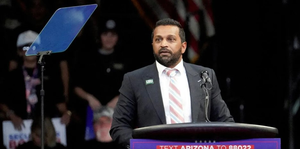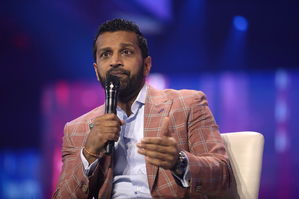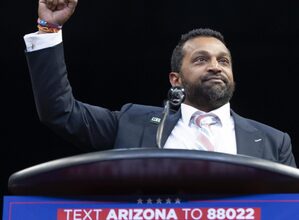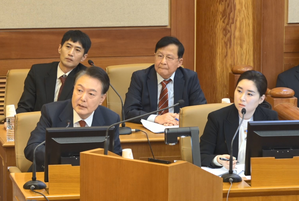Naim Qassem takes over as Hezbollah’s next chief
Tehran, Oct 29 (IANS) Iran-backed Hezbollah has announced that one of its founding members, 71-year-old Naim Qassem, who has served as Deputy Secretary General of the Lebanese group since 1991, will be its new chief.
A veteran figure in the group, which is designated as a terrorist organisation by several countries, Qassem succeeds Hassan Nasrallah, who was killed more than a month ago in an Israeli bombing.
On October 22, Israel confirmed that it had also eliminated Hashem Safieddine, the apparent successor of the former leader, in Beirut three weeks ago.
Qassem, one of the founders of Hezbollah in 1982, was elected Secretary General following a meeting of the Shura Council, the group’s central decision-making body of seven members, on Monday.
The council, while announcing its decision, maintained that Hezbollah will stand by its principles, goals and path to keep the flame of resistance alive and its banner held high until “final victory”.
Born in southern Lebanon in 1953, Qassem became the movement’s Deputy Secretary General in 1991 and continued to serve as Hezbollah’s second-in-command since then.
Ever since Nasrallah’s death, he has appeared in three televised speeches, assuring followers that Hezbollah will fight back even as it has been hit by a severe leadership crisis in the past few weeks.
“I am confident that these enemy aggressions will not weaken the nation of resistance and we will definitely win,” remarked Qassem last month in what was the first speech from a senior Hezbollah official after the assassination of Nasrallah in Israeli Air Force’s strikes on the southern suburbs of Beirut.
The US State Department designated Hezbollah as a foreign terrorist organisation in October 1997.
More than 60 other countries and organisations, including the EU, the Arab League, and the Gulf Cooperation Council, have also designated Hezbollah — either in part or in its entirety — as a terrorist group.
Washington insists that Tehran continues to encourage and enable its various proxies and partners — including Hezbollah, Iranian-backed groups in Iraq and Syria, and the Houthis in Yemen — to conduct strikes against Israeli or US interests in the region.
–IANS
as/




